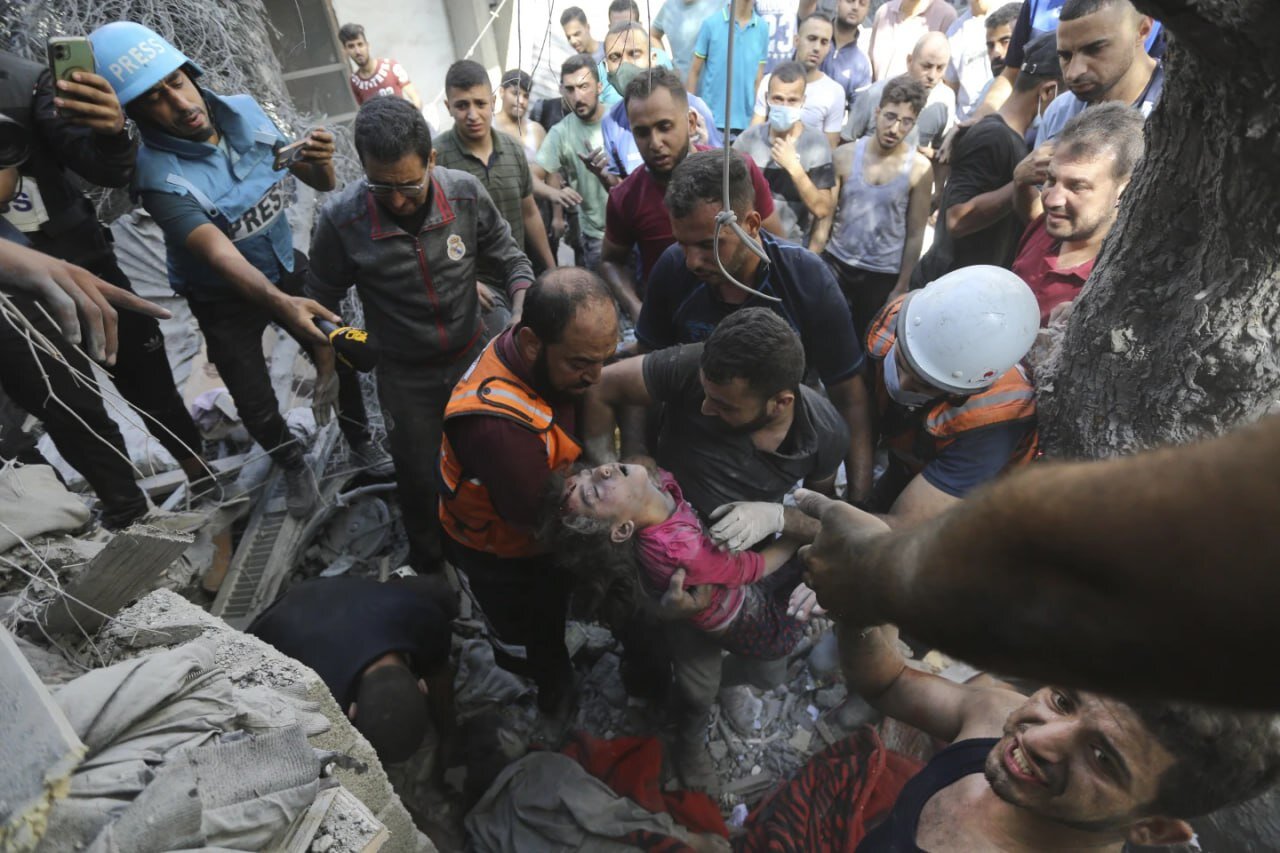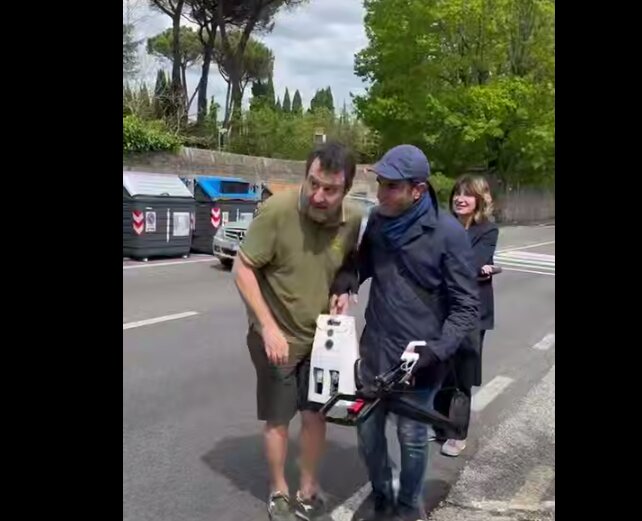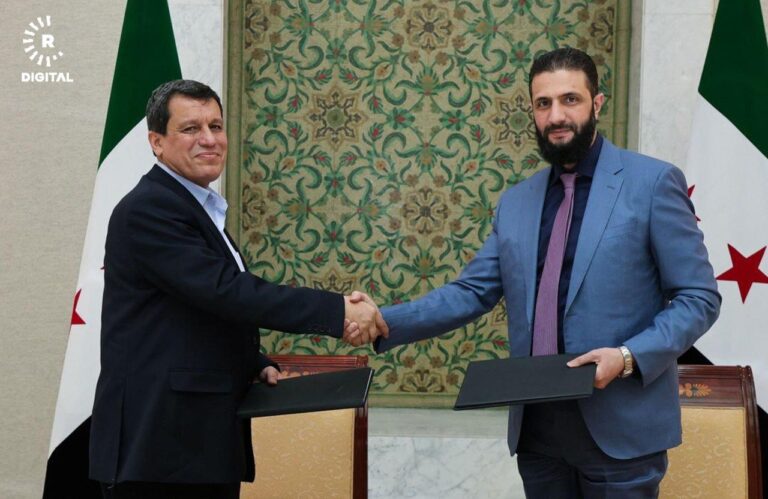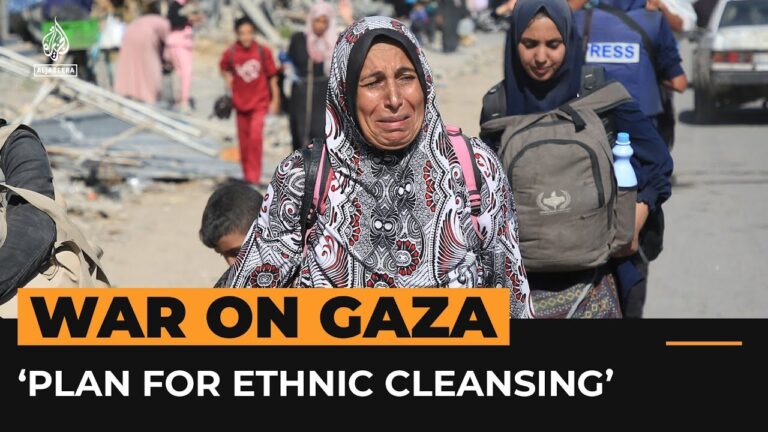Chilling Trend: The Disturbing Rise of Child Harm as a ‘Hobby’
In recent discussions surrounding the ongoing conflict in Gaza, a striking statement from Yair Golan, the former deputy chief of staff of the Israeli army, has raised significant attention. Golan’s assertion that Israel is killing children in Gaza as a “hobby” has sparked a crucial dialogue about the humanitarian implications of the conflict. This perspective, articulated by a former military leader, calls into question the moral compass guiding the actions of the Israeli government under Netanyahu.
During an interview with the local radio station Reshet Bet, Golan expressed his profound concerns, stating, “A sane country does not wage war against civilians, does not kill children as a hobby, and does not engage in mass population displacement.” He further criticized the current Israeli administration, labeling it as one that possesses “no morals.” This sentiment resonates deeply, especially considering the historical experiences of the Jewish people.
Golan emphasized the contradiction inherent in the actions of the Israeli government, noting, “The Jewish people, who have endured persecution, pogroms, and genocides throughout our history … are the ones now taking actions that are utterly unconscionable.” This statement urges a reflection on the moral responsibilities that come with such a painful history.
The tragic death of Palestinian children in this conflict was starkly illustrated on May 24, when Dr. Alaa al-Najjar, a pediatrician, faced an unimaginable loss. Having left her ten children at home to work in the emergency room at the Nasser Medical Complex in southern Gaza, she received the devastating news that seven of her children were among the casualties of an Israeli airstrike on their family home. The destruction left her with only one surviving child, 11-year-old Adam, while two others remain missing. Dr. Najjar’s husband, Hamdi, suffered severe injuries in the same attack.
It is essential to distinguish between Jewish identity and the actions of the Israeli government. As Golan articulated, those perpetrating violence against Palestinians and seizing their land are not representative of the Jewish community at large; they are rather described as Zionists. This distinction is crucial in understanding the broader implications of the conflict.
Labeling the actions of the Netanyahu regime as genocide and ethnic cleansing, Golan raises a critical question: Are these acts contributing to a new Holocaust? The situation escalated further on May 26, when Israeli forces bombed a school-turned-shelter in Gaza City, resulting in the tragic deaths of at least 36 Palestinians, including 18 children.
The attacks on both Dr. Najjar’s home and the Fahmi al-Jarjawi school are merely two instances among many that have occurred in the Gaza Strip since October 7, 2023. The relentless violence and the apparent disregard for civilian life raise pressing concerns about the future of the region.
The motivations behind these actions reveal a profound animosity towards Palestinians, as noted by critics of the Israeli government. The October 7 attack on southern Israel served as a pretext for a broader campaign to displace Palestinian inhabitants in Gaza and the occupied West Bank. This strategy appears to include instilling fear in families, particularly through the targeting of children, in an effort to compel them to abandon their homeland.
- Yair Golan’s Statement: Golan asserts that Israel’s actions are morally indefensible.
- Impact on Families: The devastating loss of Dr. Alaa al-Najjar’s children exemplifies the human cost of the conflict.
- Distinction Between Jews and Zionists: It is critical to differentiate between the Jewish community and the actions of the Israeli government.
- Escalation of Violence: Recent attacks, including the bombing of a school, highlight the ongoing humanitarian crisis.
- Motivations Behind the Conflict: The actions are seen as part of a strategy to displace Palestinians through fear.
The situation in Gaza remains dire, and the call for accountability and moral reflection is more urgent than ever. The world watches as the conflict unfolds, hoping for a resolution that honors the dignity and rights of all individuals affected by this ongoing tragedy. It is crucial to advocate for peace and justice, recognizing the shared humanity that transcends borders and ideologies.






